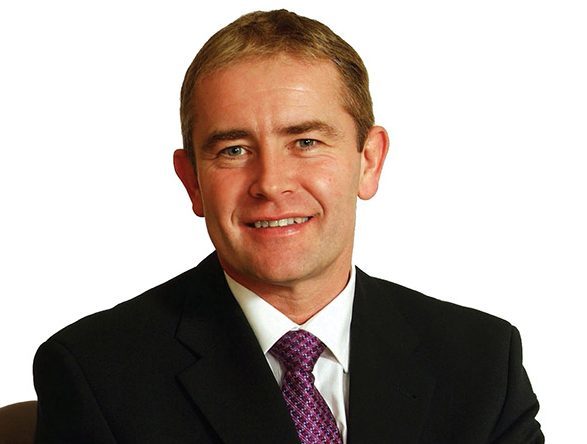
A strong showing from its Dutch onshore gas fields, a drop in exploration work and the sale of stakes in Faroe Petroleum swung Parkmead Group back to profit in 2018-19.
The company has also bolstered its leadership team with the appointment of its first dedicated North Sea managing director.
Tim Coxe, formerly of Apache and Eni, among others, will spearhead the development of Parkmead’s projects offshore UK.
Mr Coxe had a stint working for Parkmead on its Greater Perth Area (GPA) project in 2017-18.
Aberdeen-headquartered Parkmead said today that “development studies” were progressing on GPA in the outer Moray Firth.
The company is still in talks with operator Cnooc International with a view to using the Chinese-headquartered firm’s Scott platform as a host facility.
And Parkmead continues to talk to oilfield service companies about GPA, which could deliver 75-130m boe.
Parkmead has also bought new seismic data covering the Skerryvore prospect in the central North Sea.
Skerryvore overlies two other prospects and Parkmead believes combining the three could deliver more than 150m barrels.
Parkmead posted pre-tax profits of £4.8 million in the year to June 30, 2019, a vast improvement on a deficit of £5.8m the previous year, while revenues rose to £8.3m from £7m.
London-listed Parkmead currently produces gas from the Brakel, Grolloo, Geesbrug and Diever West fields in the Netherlands, at an operating cost of $11.9 per barrel of oil equivalent (boe).
Production at Diever West increased 13% to 7,676 boe per day in 2018-19.
The company’s exploration and evaluation expenses dropped to £200,000 from £5.2m last year and administrative costs fell to £400,000 from £4.1m.
The sale of Parkmead’s shares in Faroe Petroleum to Norwegian company DNO in January raised £6.2m.
Since the close of the reporting period, Parkmead has bought £4.9m worth of Aberdeenshire farmland majority-owned by the wife of chief executive Tom Cross.
Mr Cross said in September that the land was well-suited to the installation of wind turbines, solar farms and biomass production facilities.
Last month, Parkmead said the field development plan and environmental statement for the Platypus project in the southern North Sea had been submitted by operator Dana Petroleum.
Dana holds 59% of Platypus, Parkmead has 15%, CalEnergy has 15% and Zennor Petroleum is on 11%.
Platypus will be developed as a tieback to Perenco’s Cleeton platform, 15 miles away.
Recoverable reserves from Platypus are estimated at 106 billion cubic feet of gas.
Project Sanction is slated for Q2 2020 with first gas to follow in Q1 2022.
On Parkmead’s full-year results, Mr Cross said: “We are well positioned for the future. We have excellent UK and Netherlands regional expertise, significant cash resources, and a growing portfolio of high-quality assets.
“We will continue to build upon the inherent value in its existing interests with a balanced, acquisition-led, growth strategy securing opportunities that maximise long-term value for our shareholders.”
Recommended for you

